Women’s magazine featured an article titled: An Arctic Researcher Confesses Her Relationship Woes . Immediately I turned my attention to the words and read every single one written by Alia Khan.
This is exactly the type of honesty I like to hear! Stories of the true compromises that are made by adventuresome world-traveling career woman.
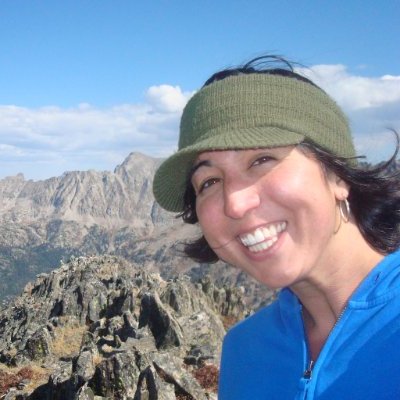
Photo courtesy of Google Search on Alia Khan.
I originally wanted to re-post the entire article on WOMANSCIENTIST primarily for your gratification and secondarily to provide a safe haven for the article, shall it not remain on its original site, but then I learned about copyright infringement laws and I don’t wanna get mixed up in dat bidness, so you’ll have to go to the original posting and read it for yourself.
I did do a little additional stalking of Alia’s professional work in the field and I want to direct you to her amazing links
Dark Snow Greenland and eight other posts she’s written for the New York Times Scientist at Work – Notes From the Field.
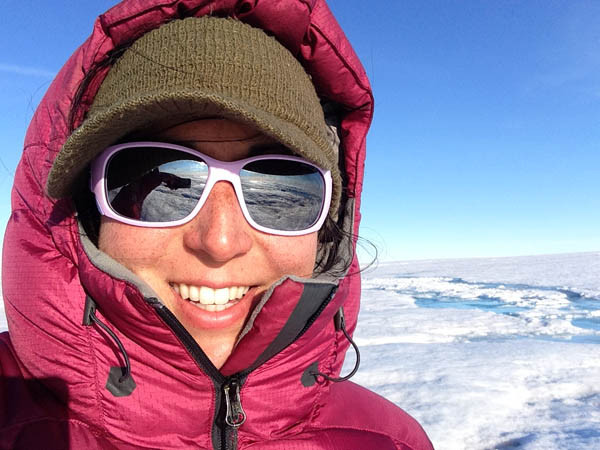
Photo courtesy of Women’s Adventure | February 3, 2015 | By Alia Khan
Now on to my thoughts about the article:
The reason I loved reading Alia’s confession is because it resonates with my own concerns as an adventure loving female in science worrying I won’t find a partner to support me emotionally and professionally.
Typically guys are the ones that get to go on those grand journeys while their women folk wait for them at home and I ain’t neva gonna be one of them stay-at-home types.
I was once in the Peruvian Amazon and I had more-or-less hired a young guy to tour me around the town of Iquitos–the parts of town where normal Western tourists don’t get to go. We spent the day together and I, as a tall blonde foreigner, managed to avoid all other types of harassments because I was “with a local”. As the day progressed and turned into evening, over beers, this young gentlemen made the joking remark, “You can be my wife and make a home while I’m out leading jungle tours!”
!@$%# ?! What’s that you say?!?! Are you kidding me!?
I informed him that if that were to EVER in his wildest dreams even happen, I would be the one going out on the jungle tours and HE could stay home and be the house man.
Even though I was in Peru for that exchange of nonsense ideas, I feel like this is the common stereotype that still exists in much of modern America. For whatever reasons (I gather it has mostly to do with the woman’s share in child labor and rearing) the woman seems to give up her career pursuits more easily than the man does. So, what if you’re a woman who doesn’t want to give those pursuits up? You have to battle with the body clock ticking, with family and friends and society telling you you’re selfish for not giving up your pursuits or telling you that you’re suppose to support your family and Mom is your new career.
I think all those barriers are garbage. Obviously they’re honorable endeavors in themselves for those who want that life, but as adventuresome women, we need more women role models to look up to in this arena. And this is why I bring to you Alia Khan’s article.
She has pursued her research interests, her adventure interests and all along hoped Mr. Right would show up during a grand journey. The problem she encountered was that men she met who were also on their own grand journey, and didn’t want to give that dream up for a relationship either.
Alia is not without strong bonded relationships that will last her a life-time, not at all. She’s been in some intense situations with people in remote locations where nothing but a strong bond formed. Yet, none of these necessarily make for a good partner with whom to settle down romantically and perhaps raise a family.
Towards the end of her article, in her voice I sort of hear a little panic everyone exiting their 20’s gets, as she exclaims: “I’m 29 and finding my life focus changing, especially when I’m in places like Scandinavia or Chile, surrounded by young families with adorable babies bundled up against the cold.[…]I wouldn’t make any choices differently. But where does this leave me for dating in my 30s? Do I have to choose between fieldwork and a relationship?”
I had to laugh in an empathetic way when I read that last sentence.
I’ve had my fair share of aging crises throughout my 20’s, feelings like I’m going to miss out on big life milestones as I watch the years tick by. During my 20’s I had finished college, been married and divorced and bought a house in between. Things “real” adults did. Yet, I had a strong wanderlust back then that I remember suppressing big time with my rational brain telling me that I couldn’t pursue all those dreams as a “married person”. So back then, I chose relationship over field-work.
I remember, a couple years into the marriage, there was a trip I really wanted to plan to go on whether my husband wanted to come or not. Someone told me, “You can’t do whatever you want anymore, you’re married.”
My heart stopped right then. You’re saying marriage now means I’m trapped? That even if I have my own money and vacation time, I’m just not allowed to go travel if my partner isn’t interested or can’t get time off?
I didn’t even have kids! I would have understood that rule more if I had kids, but I was just only married! What kind of bull shit rule is that?!
As I entered my upper 20’s, the relationship dissolved (something I’m not going to elaborate on here) and I executed the D-word, Divorce. Thinking about how I wanted to conduct future relationships, I vowed to myself deep down that traveling was going to be one of my non-negotiables from here on out. I am traveling whenever I want, whether anyone I’m in a relationship with likes it or not! Harumph! (Extra stubbornness added in for effect.)
Now that I am 31, with all those adult things behind me, I feel so liberated from the anxieties that came with all the relationship shoulds I felt were imposed on me.
All of the life lessons I gained from that time in my life I hold valuable to my being. But sometimes I do regret that I spent my 20’s being distracted trying to make the wrong relationship work just because I felt like I needed to be a Suzie Homemaker and settle down before I reached the dreaded 30s!
Now I joke that I am reverse aging. I’m finally free to continue on my journey doing all the things I should have been doing out of college: traveling, making my own decisions, being more selfish with me and my dreams, speaking up, and pursing my career wherever it will take me. I kind of think that subconsciously I’ve aligned my career as a Biologist so strongly with needing to travel that now I always have a way to justify why I need to be heading somewhere.
I’m glad for women scientists like Alia Khan who write about their hardships on the personal front. To answer her question “Do Love and Wanderlust Mix?” I would say, they damn well better if that is what you truly want!
I understand we can’t control what the universe throws at us, much less control the course of a relationship with another human being we may fall in love with. However, it has also been my experience that the moment I truly come to terms with following my bigger purpose in life, things I pine for somehow manifest theme-selves eventually and naturally.
As Alia mentions, “When I feel particularly lonely and like I am making a personal sacrifice for scientific and career advancement, I remind myself that it’s a privilege to be able to explore the world while collecting data for a greater public service…”
and that is what it really comes down to: you are the only one you need to make your life feel complete, so do what you want to do until you don’t want to do it anymore.
I’ve learned it is a waste of energy to get caught up in the panic of needing to reach, or fearing to miss, certain arbitrary age-denoted milestones.
Just let life unfold like a purdy little flower blossom.
Share this:
 by
by 
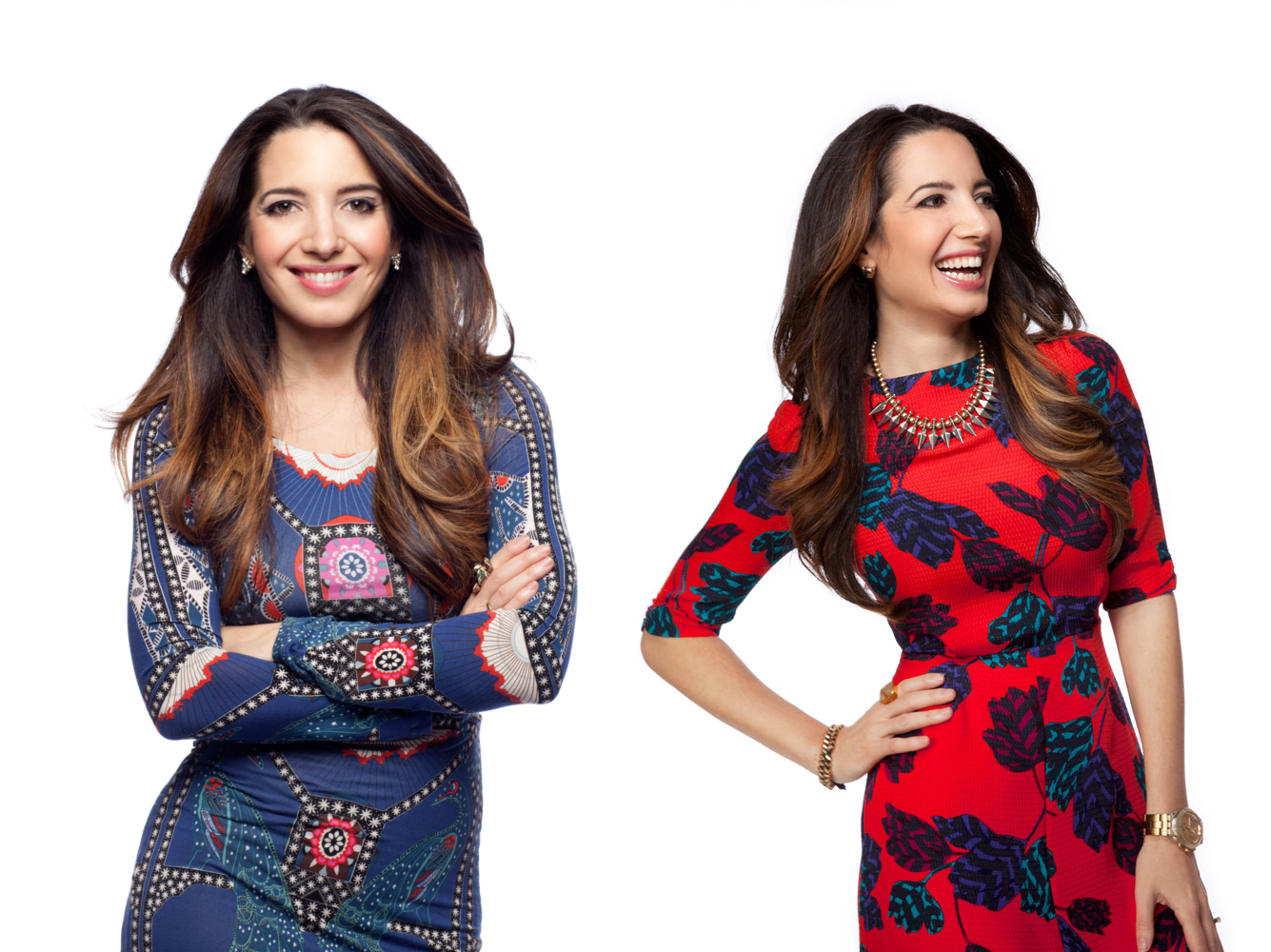
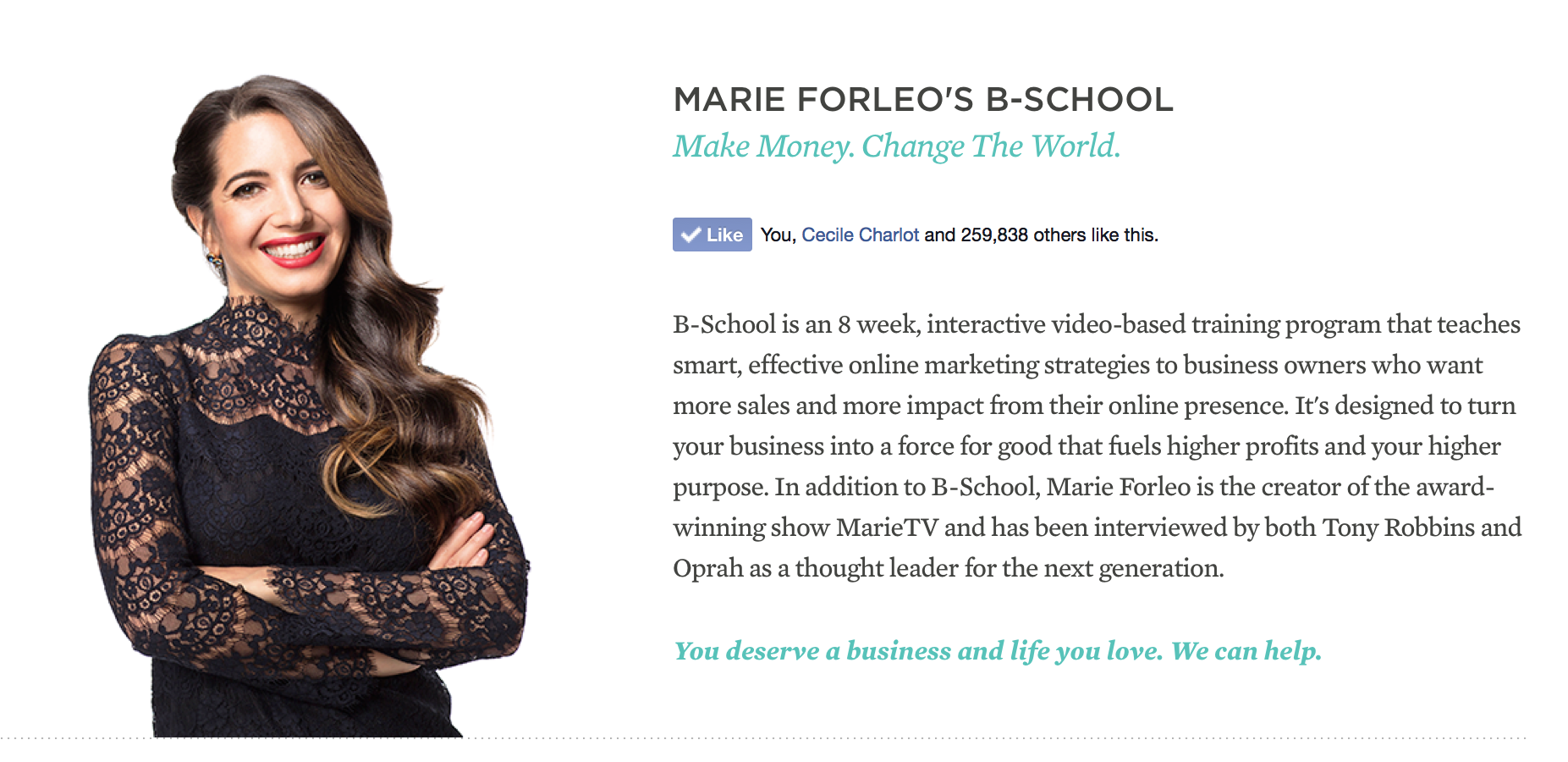
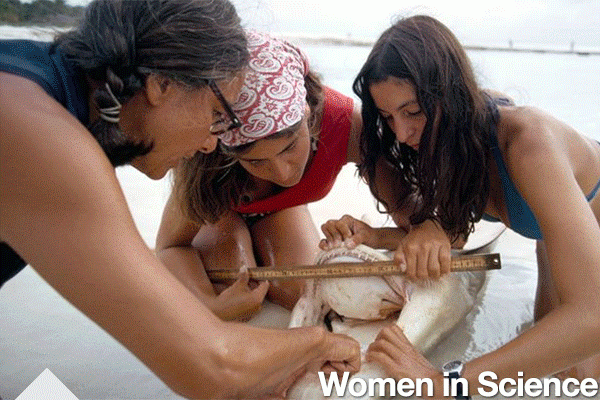
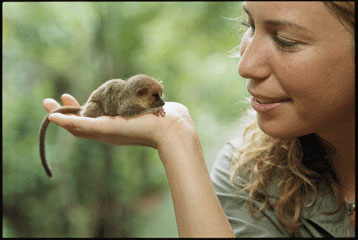
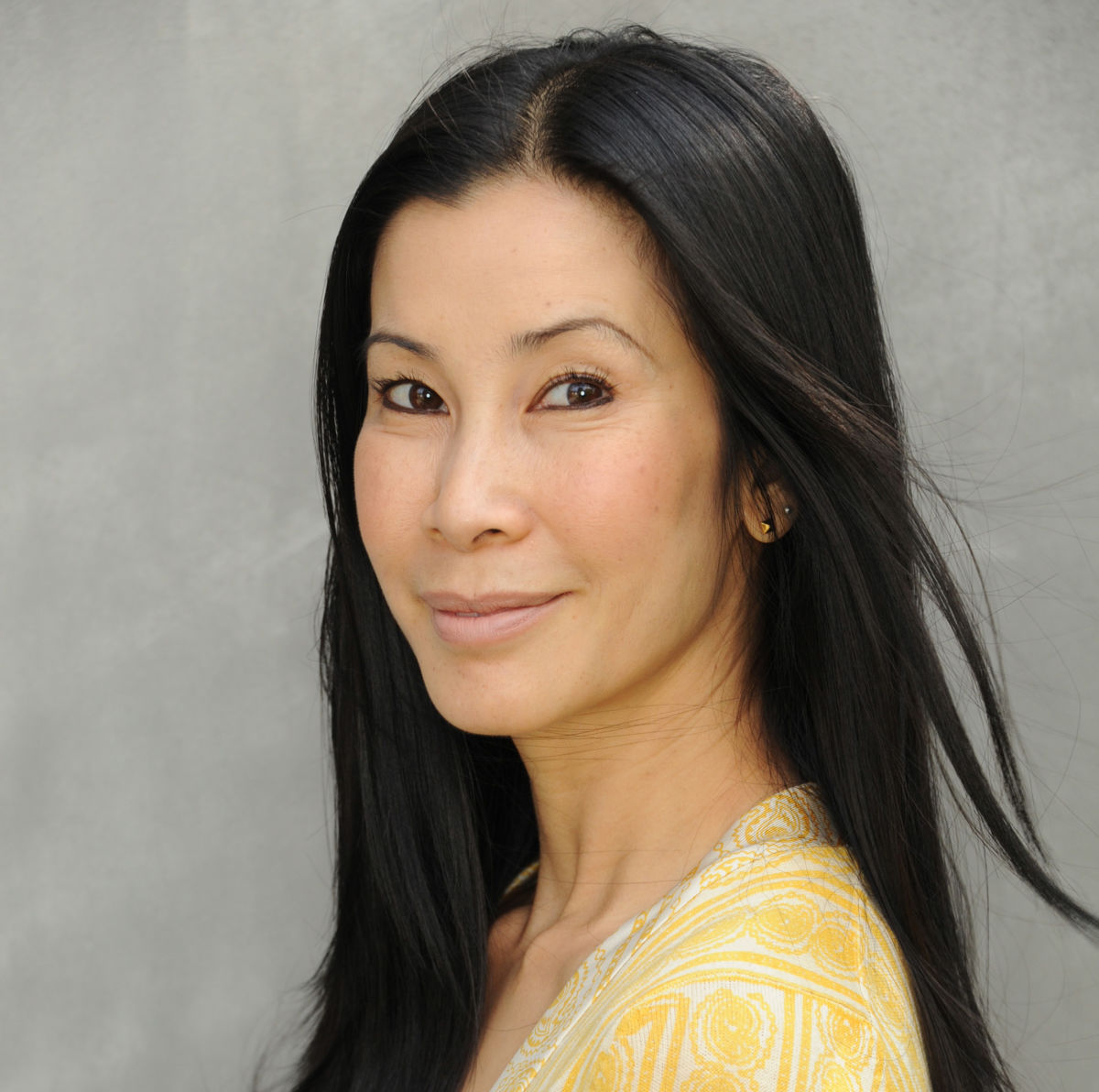
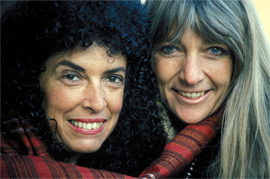
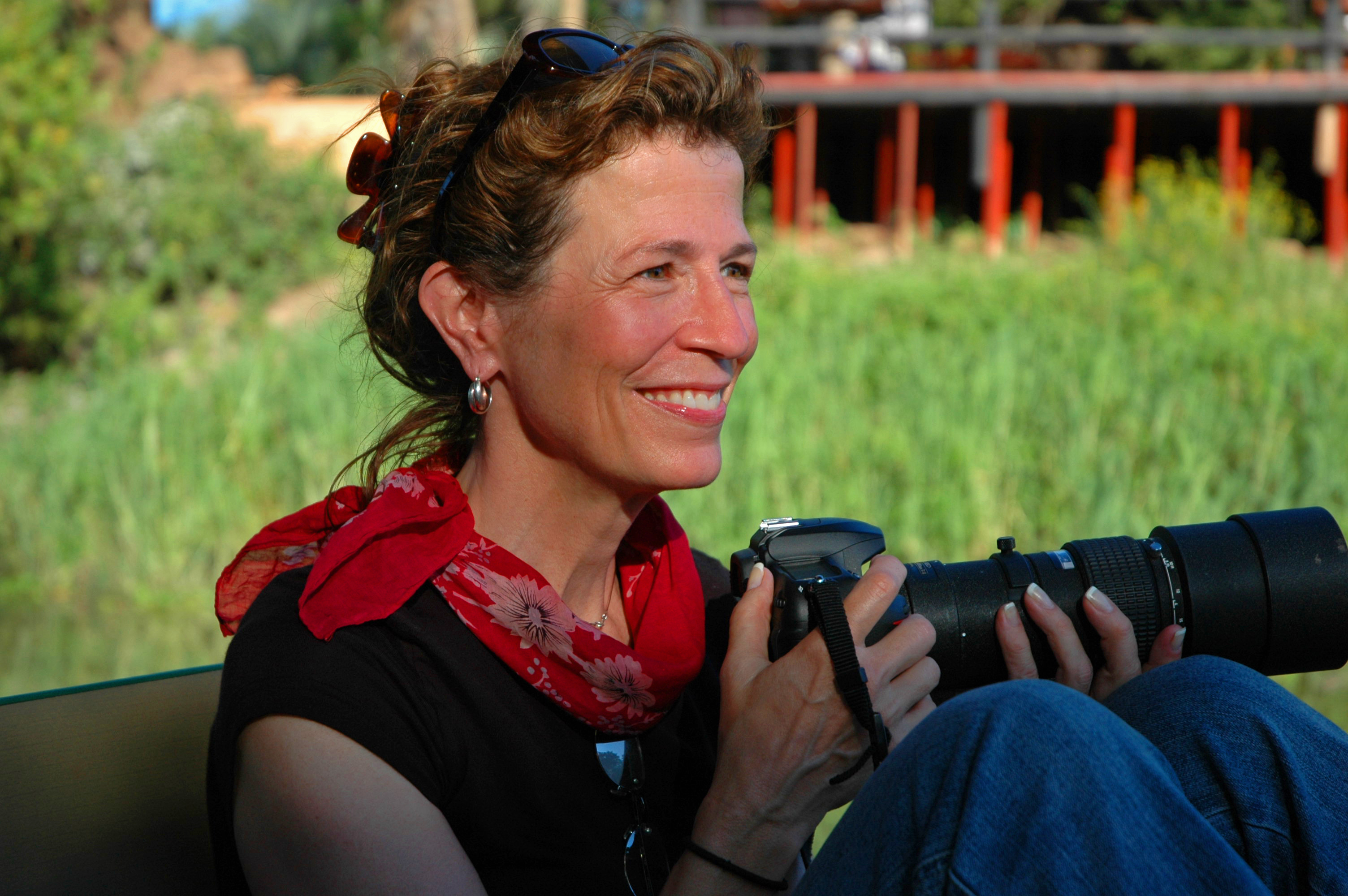
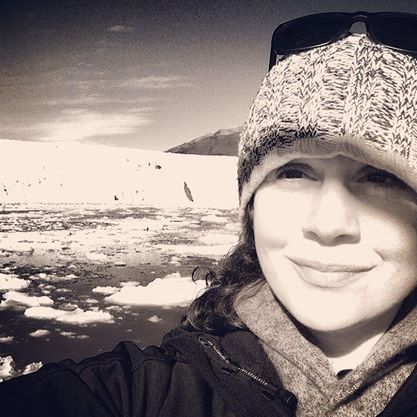
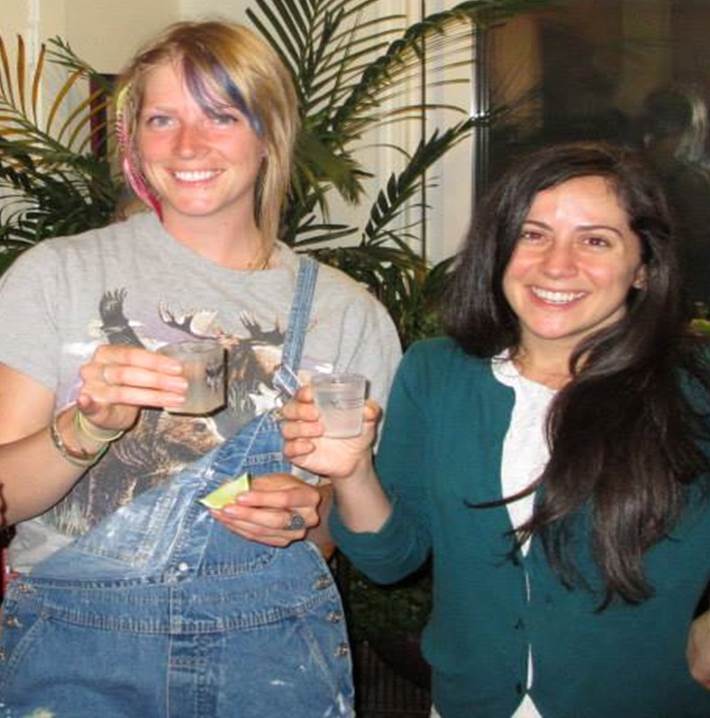
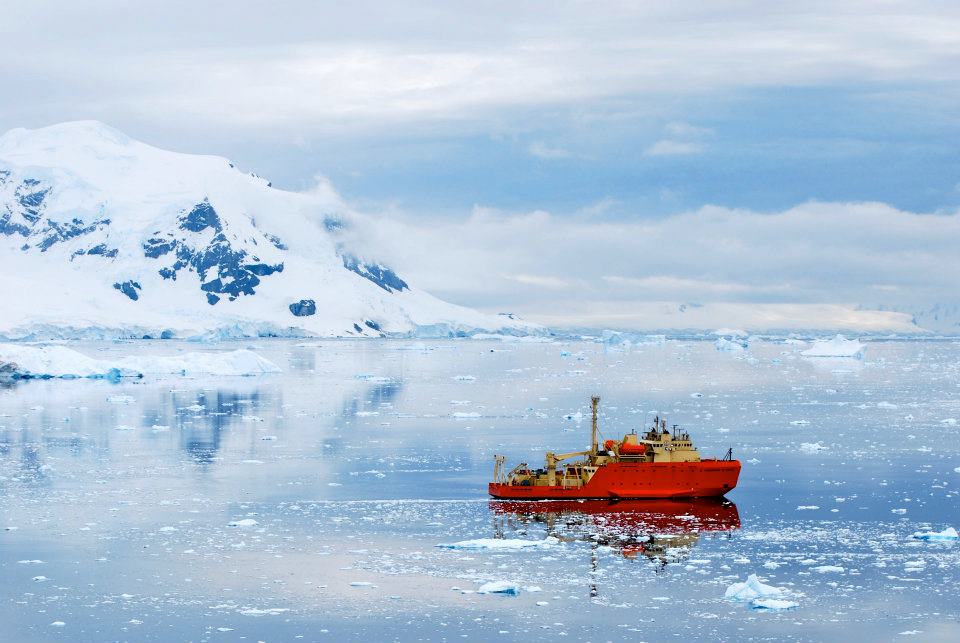
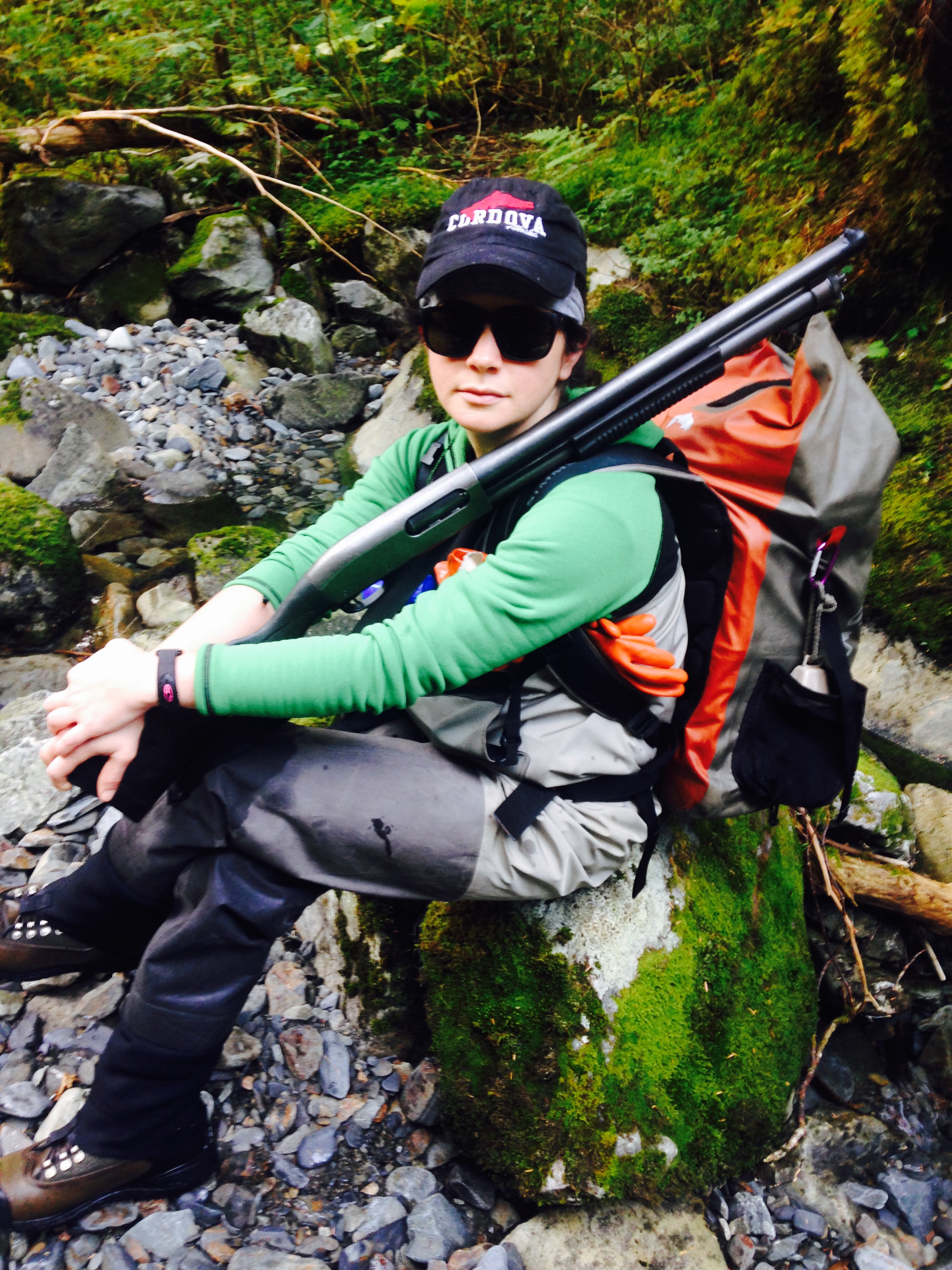
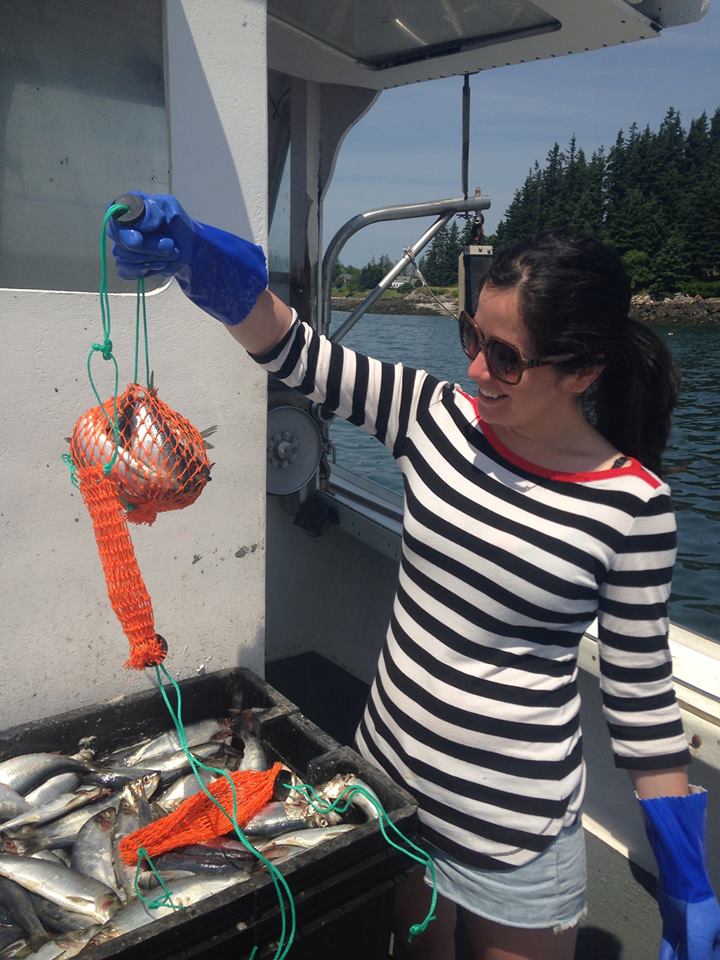
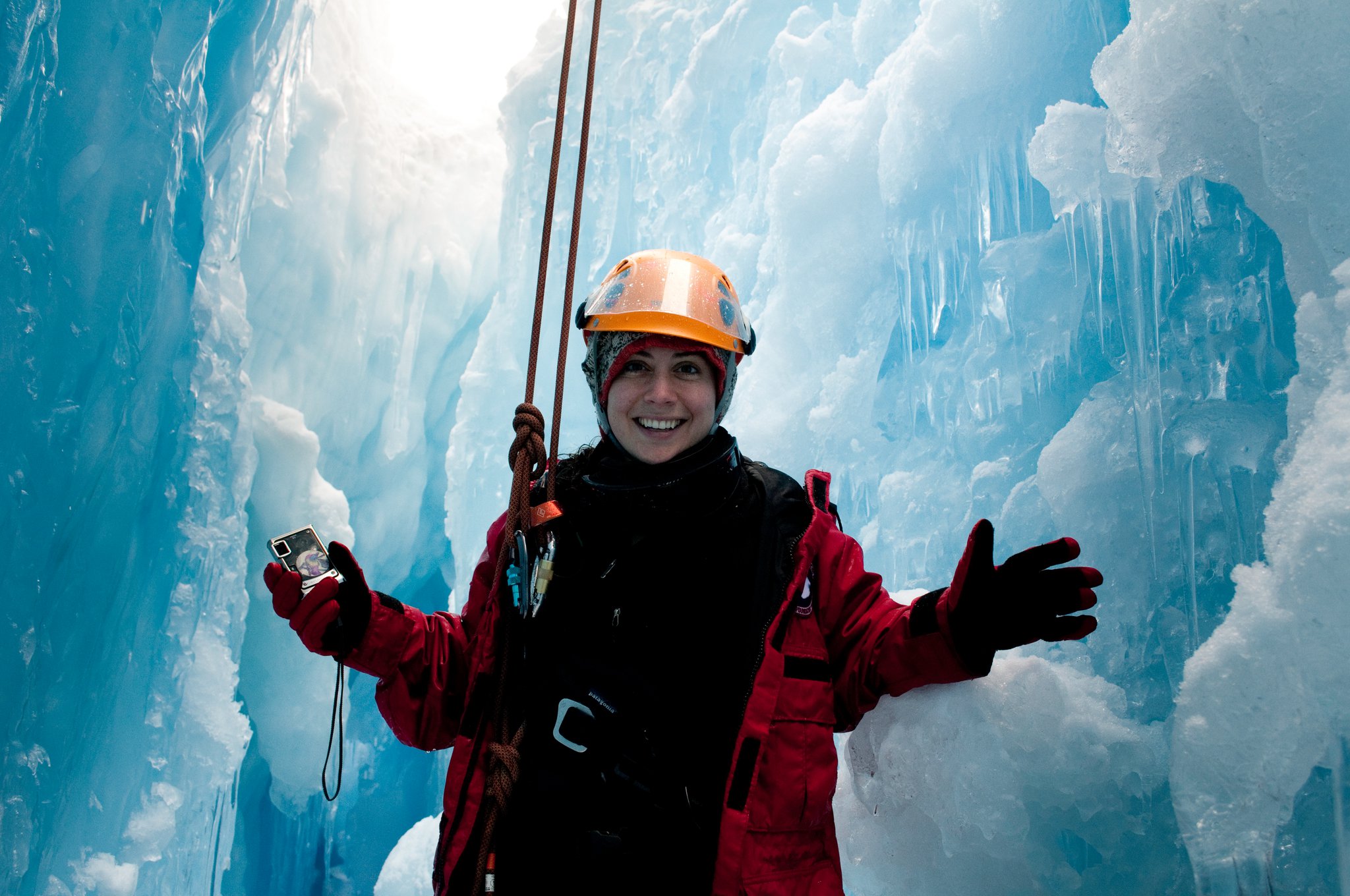
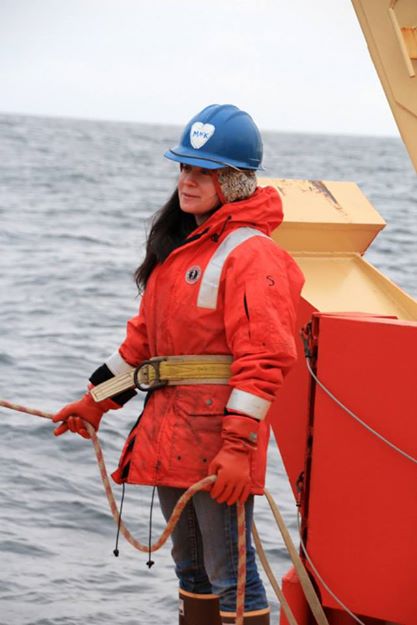
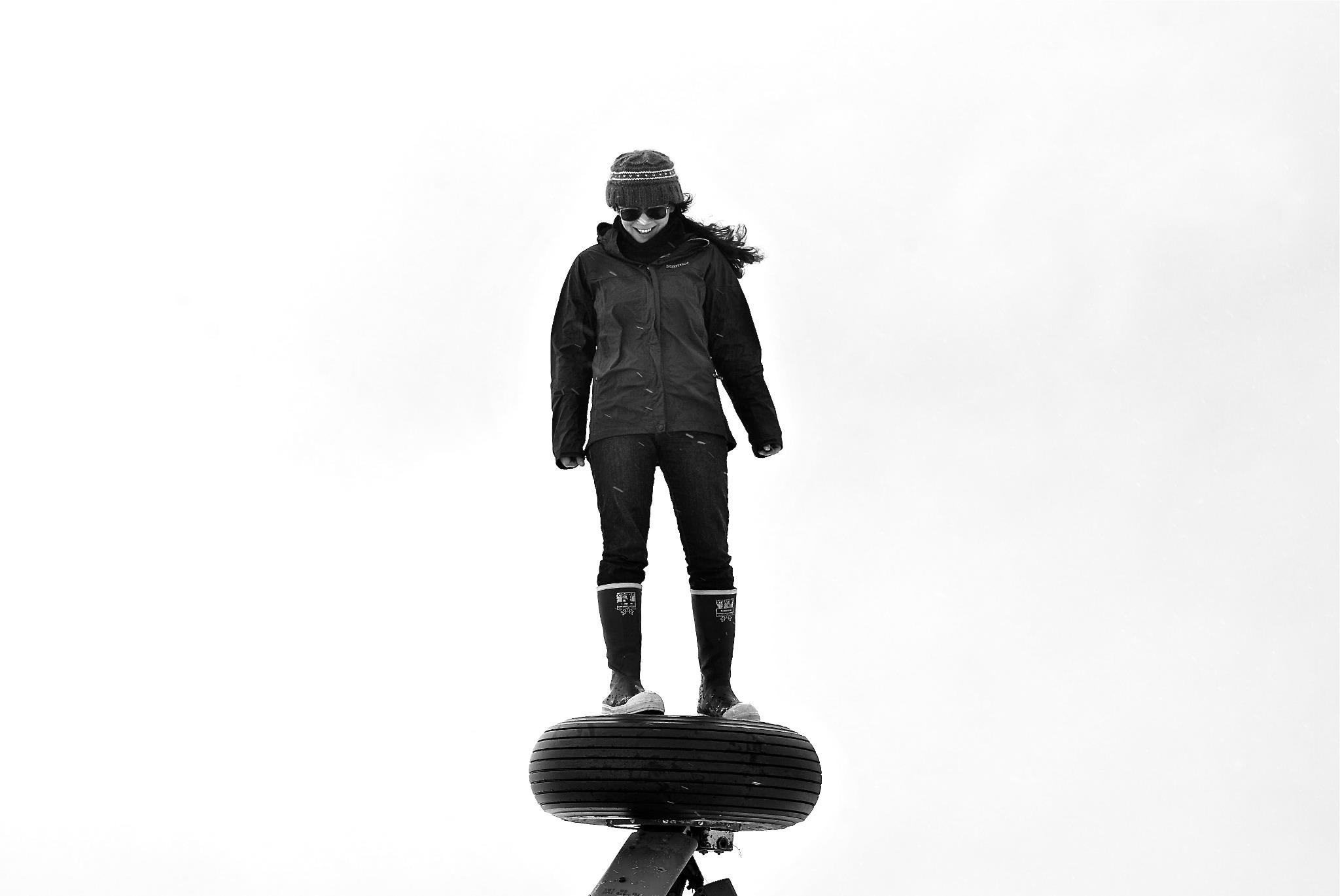
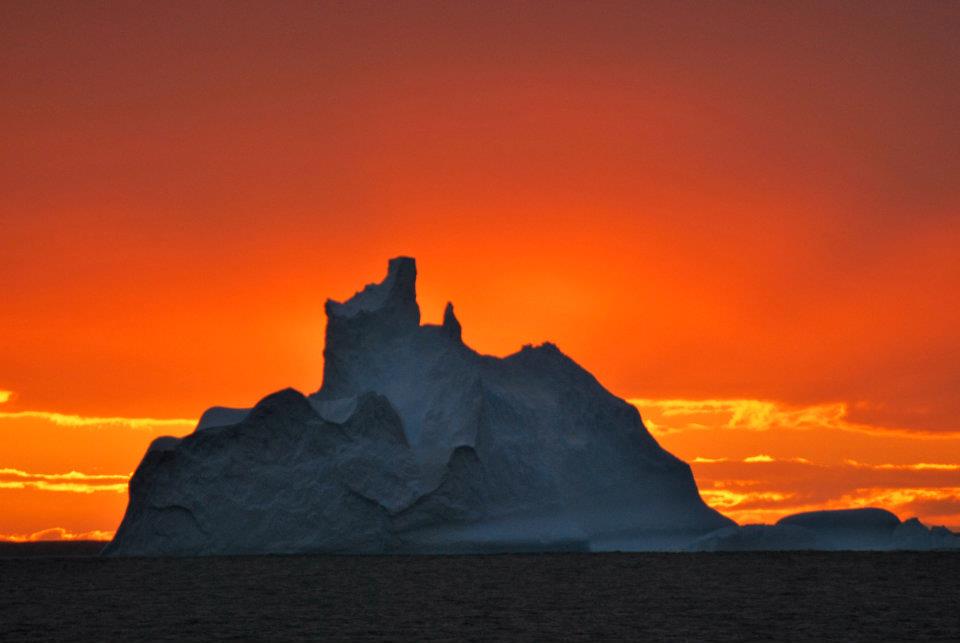
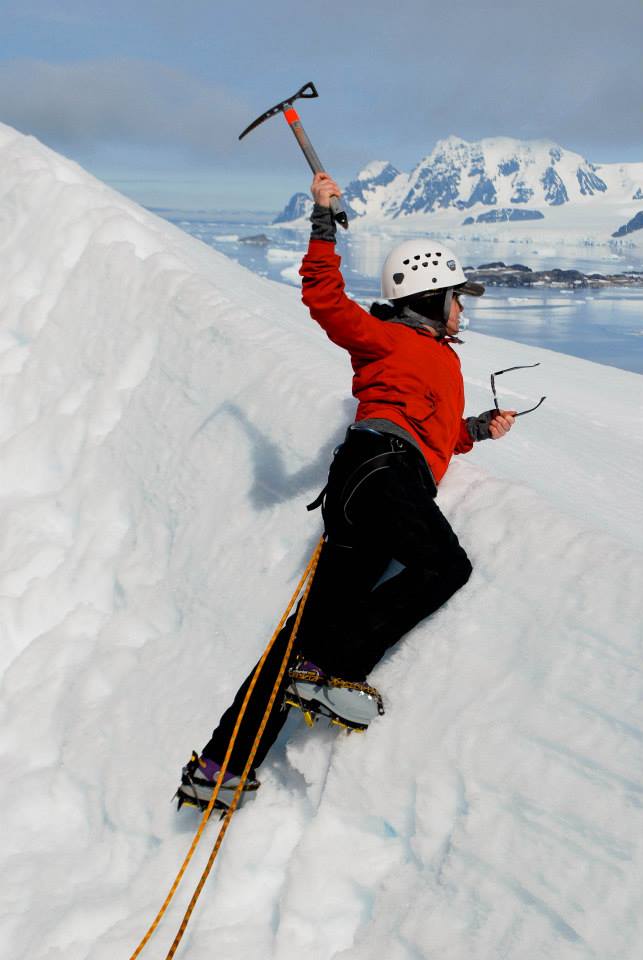
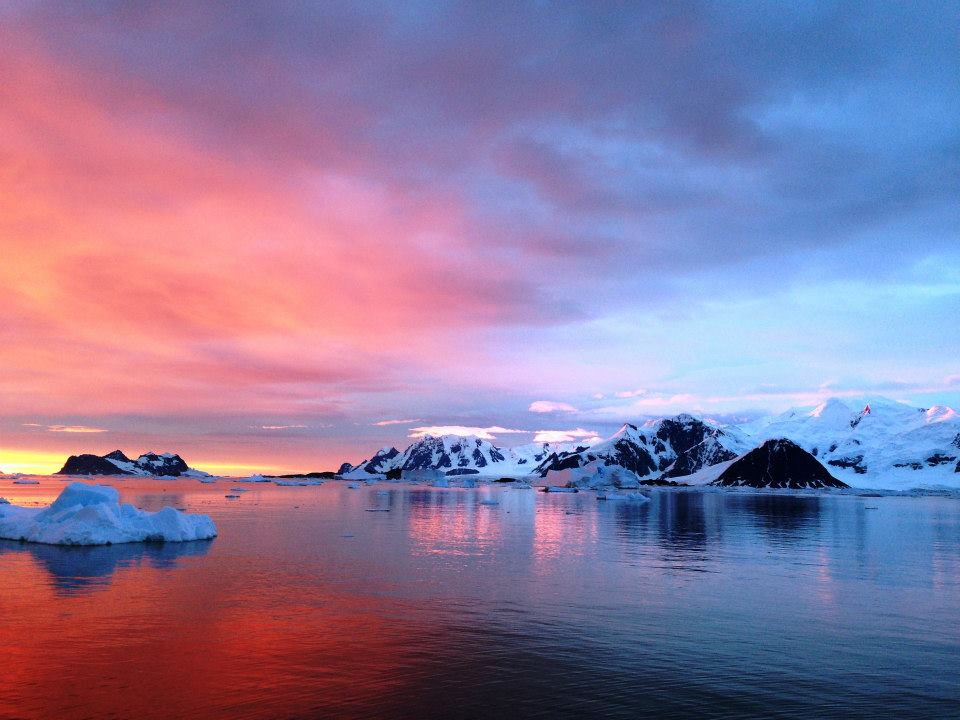


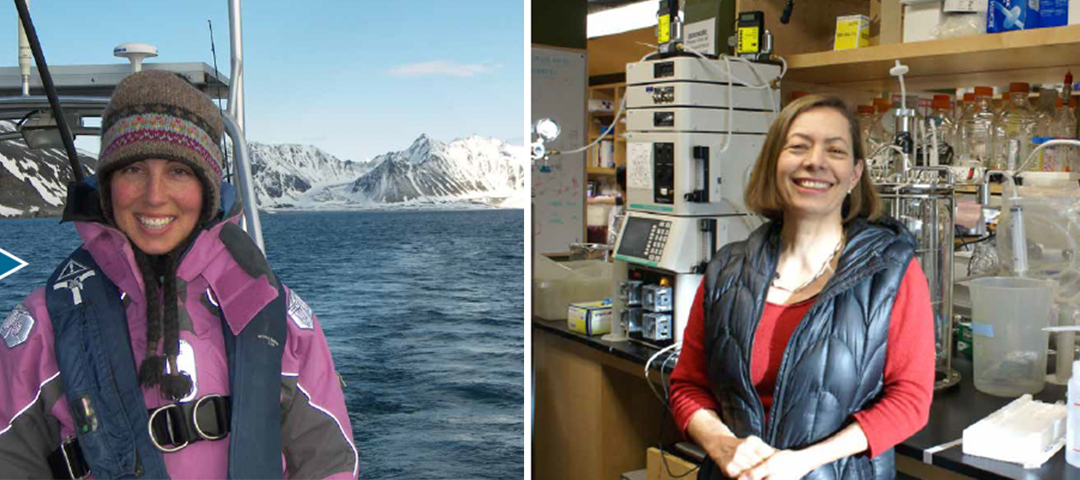
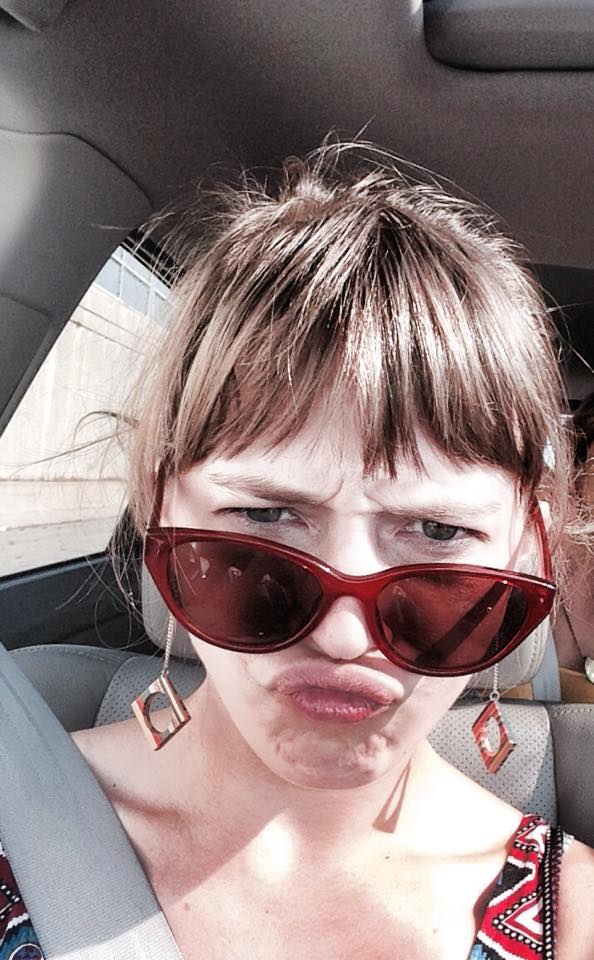
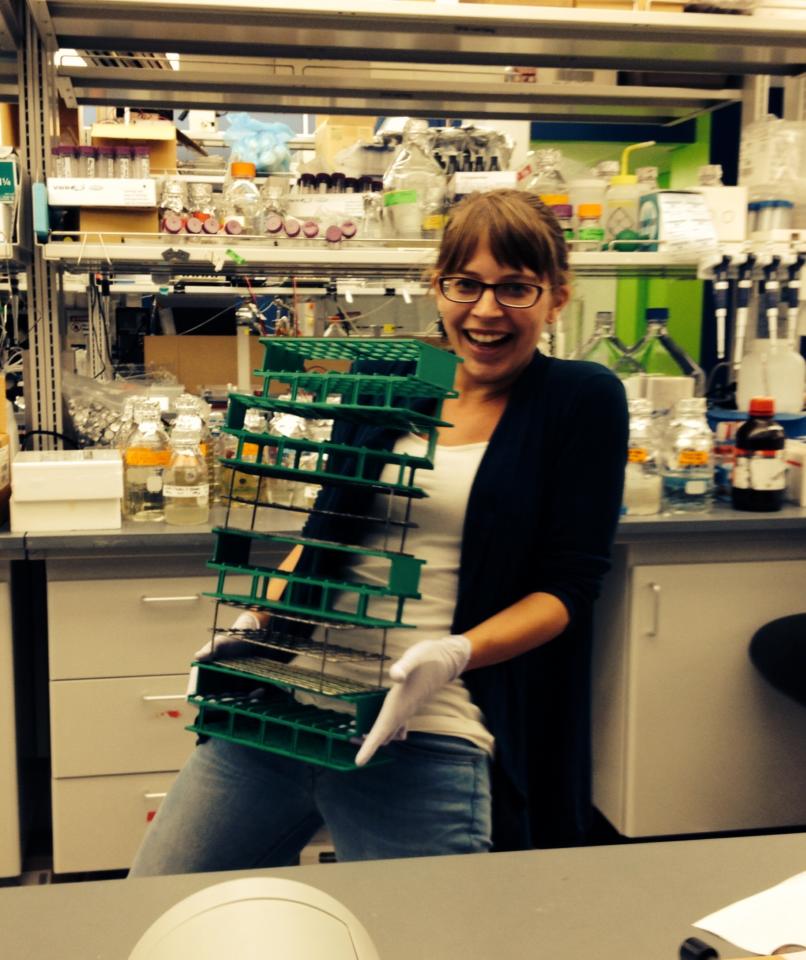
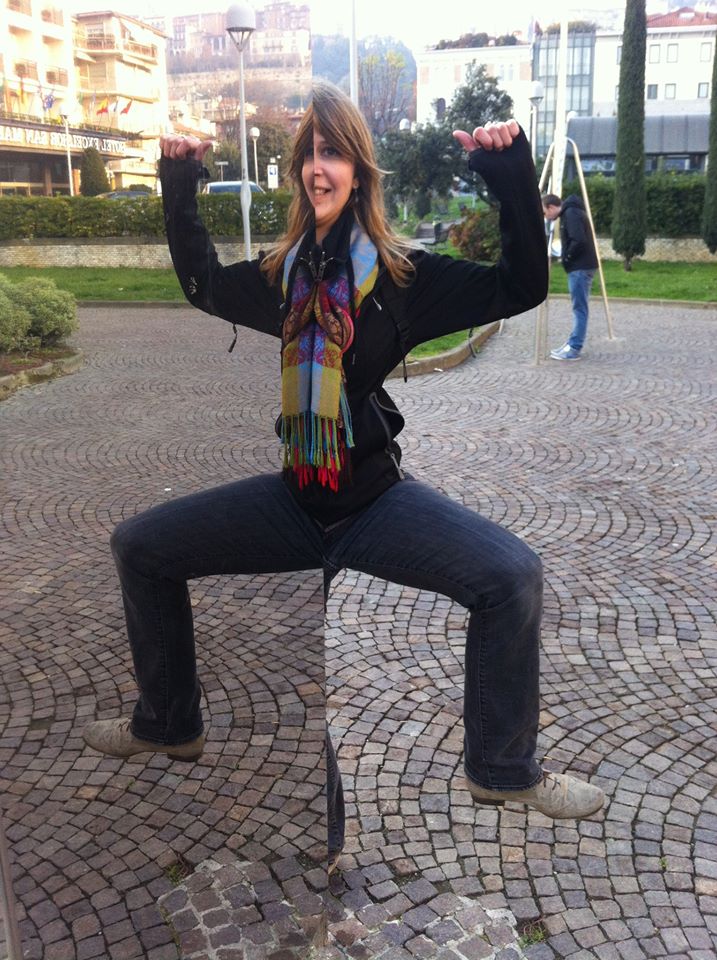
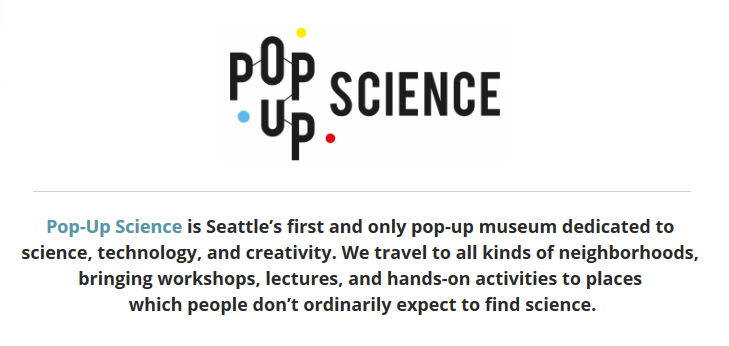
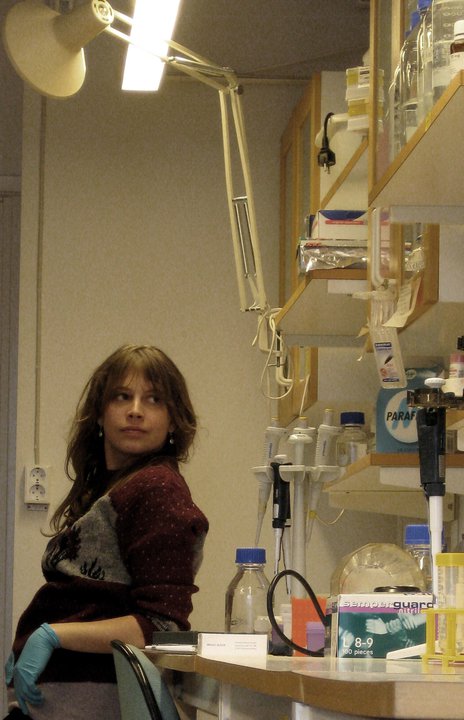
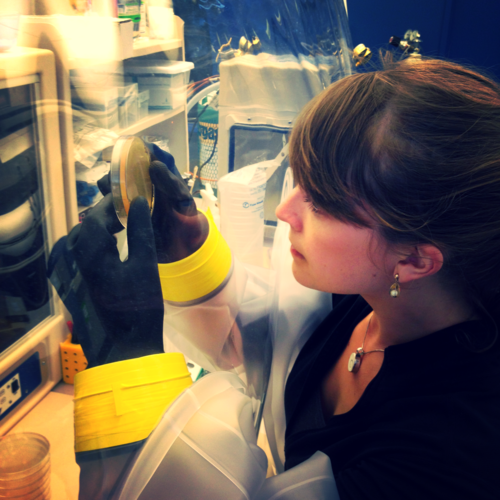
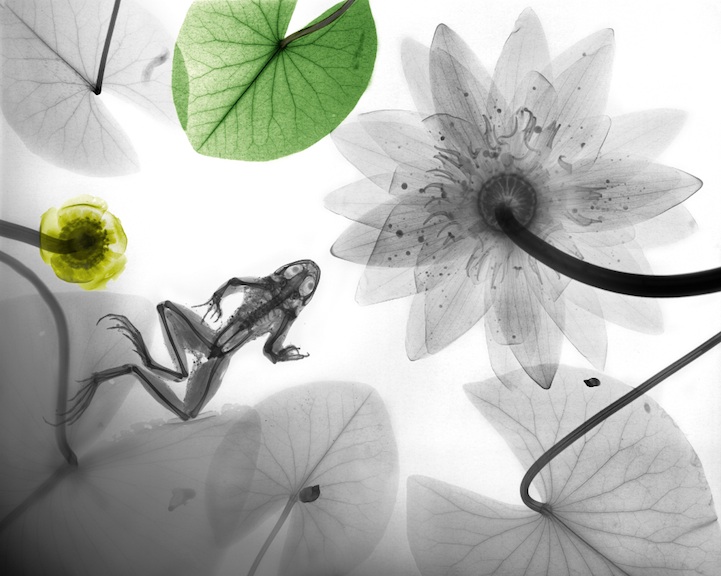
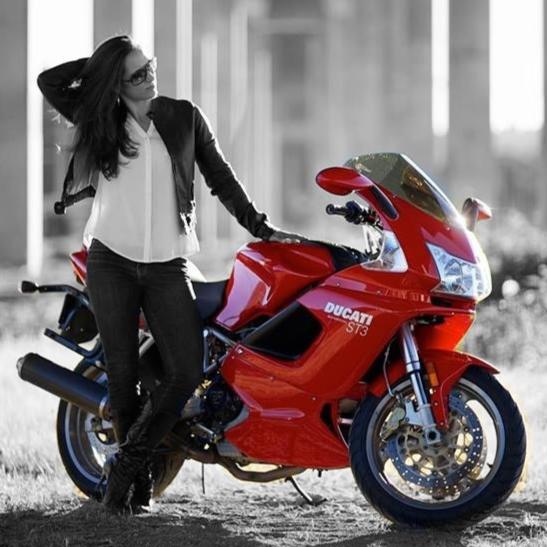
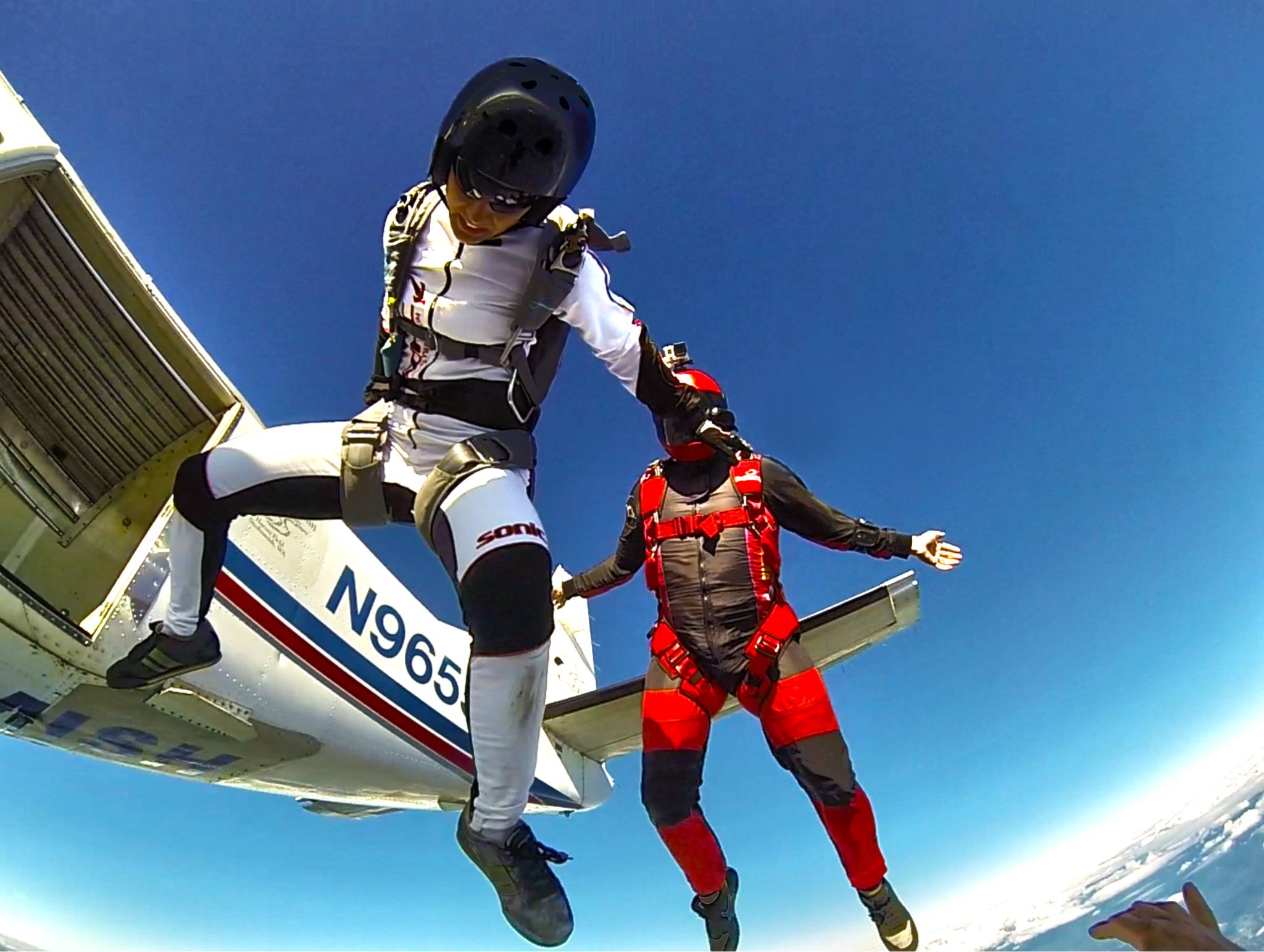
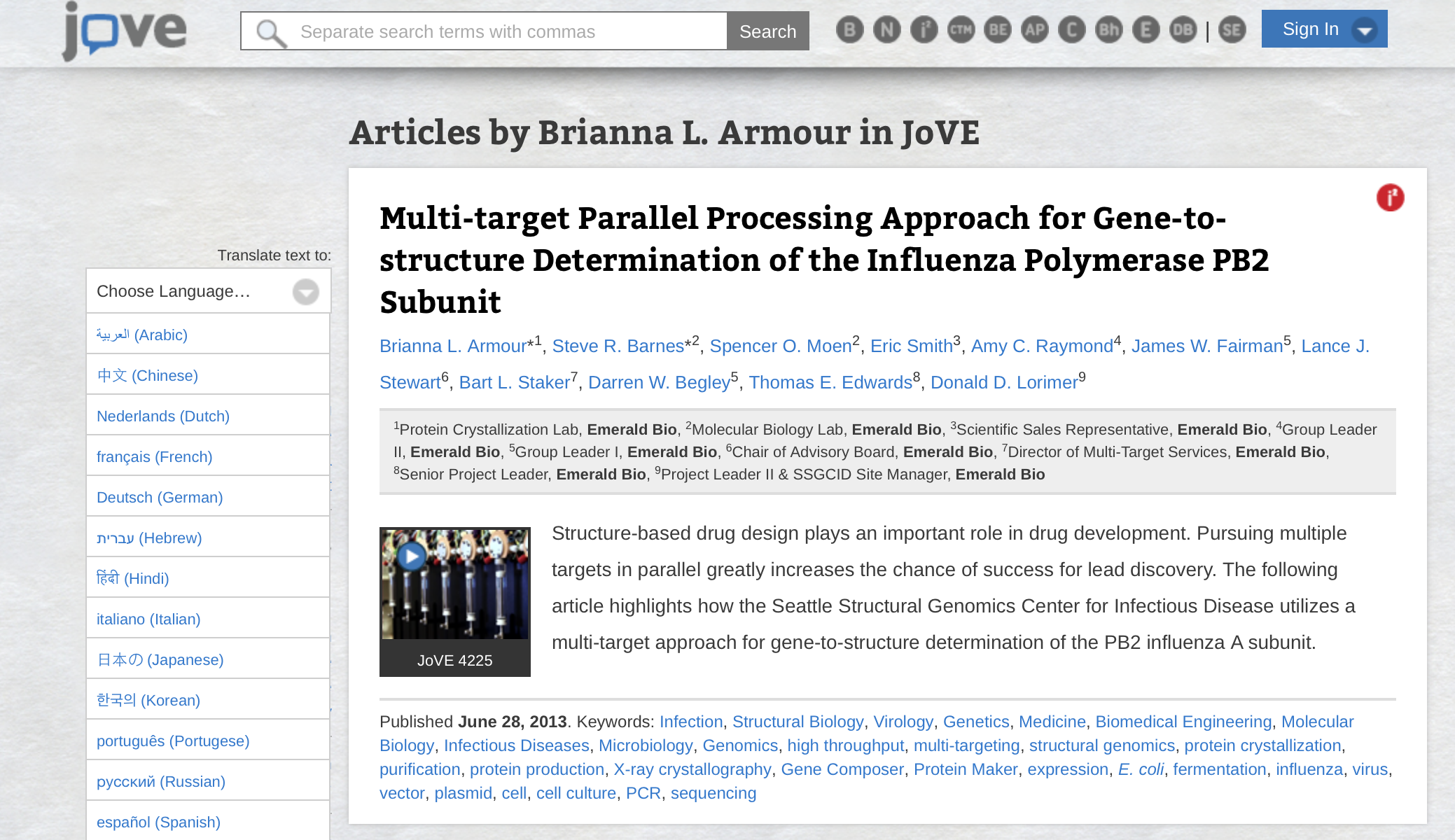
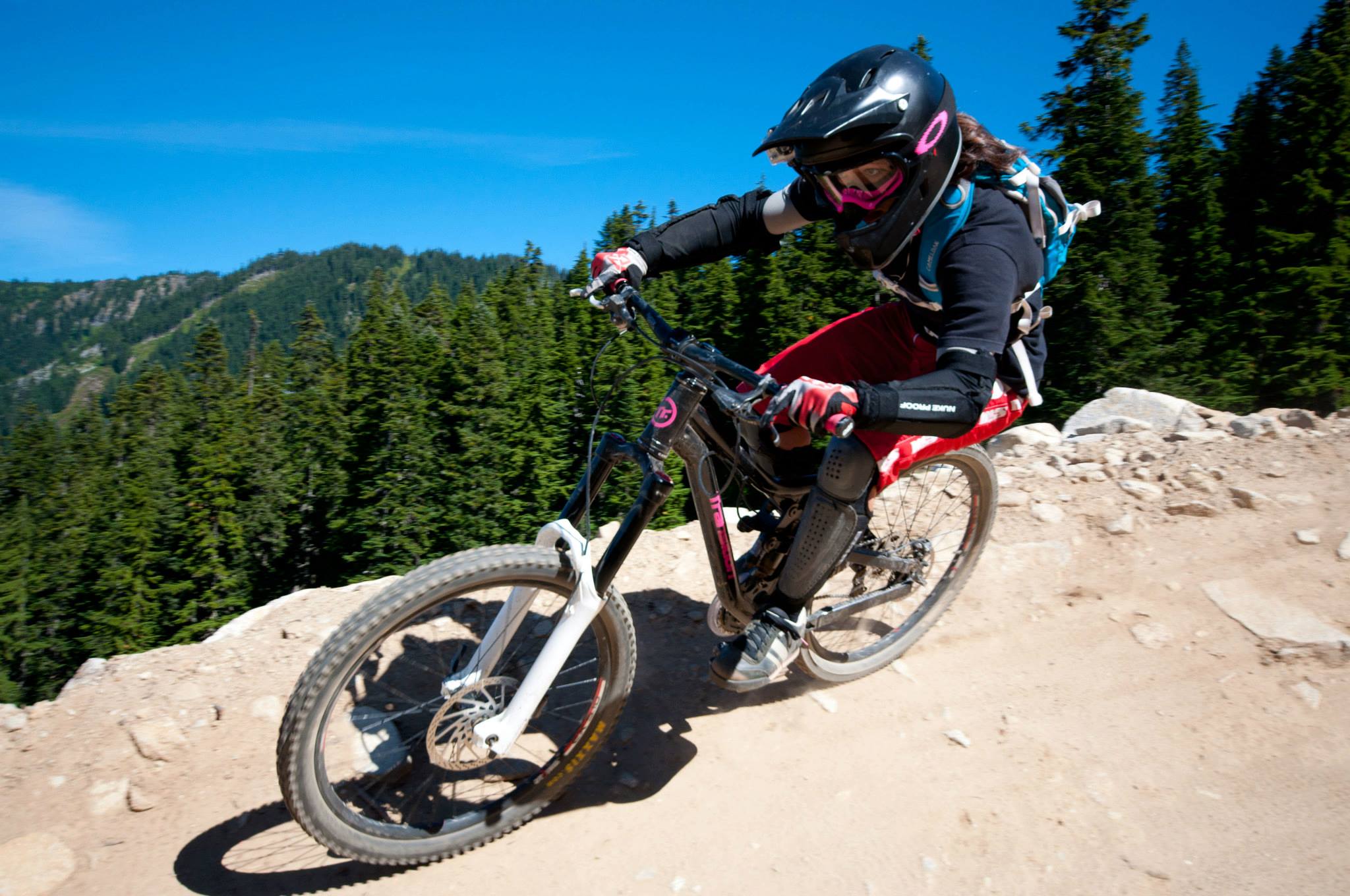
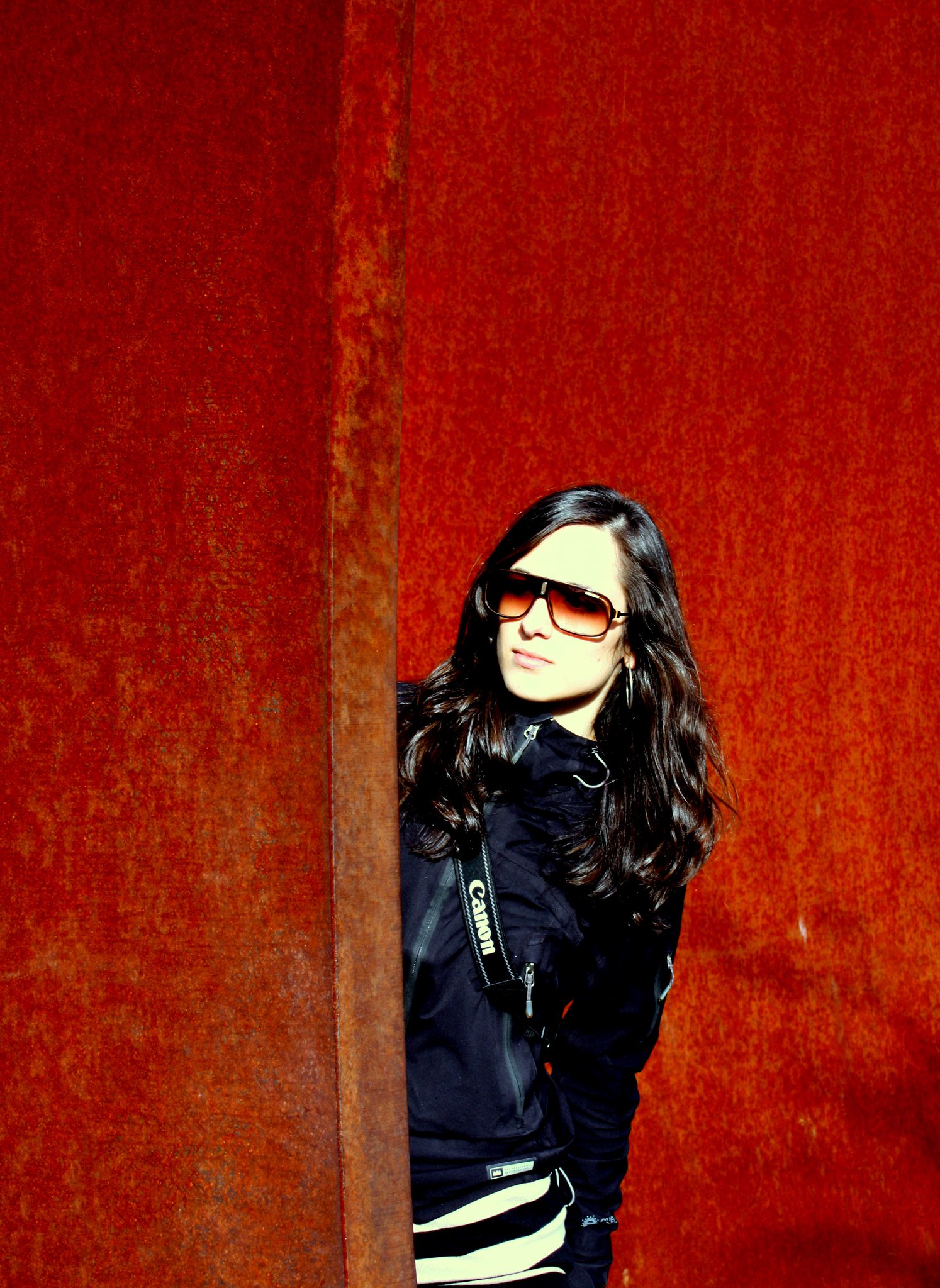
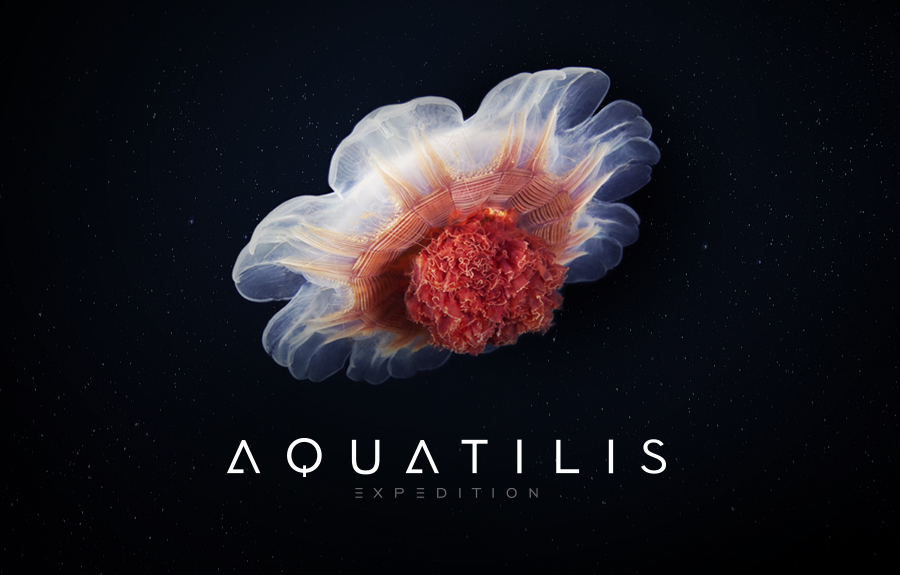
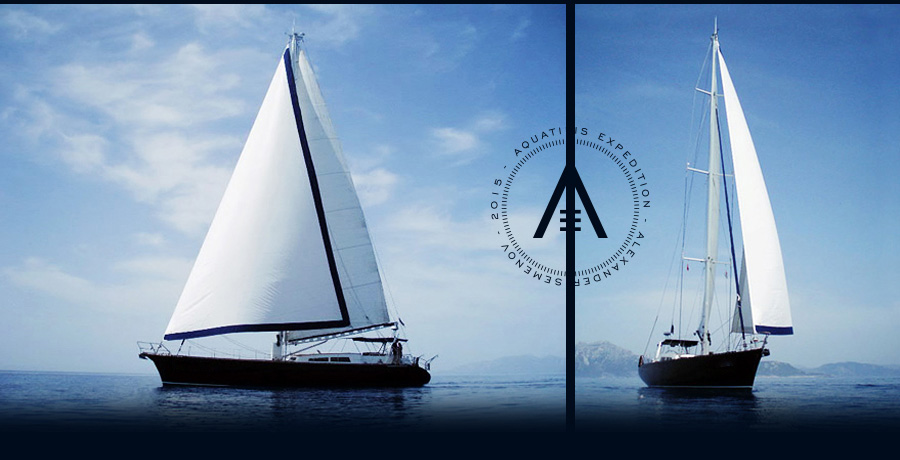
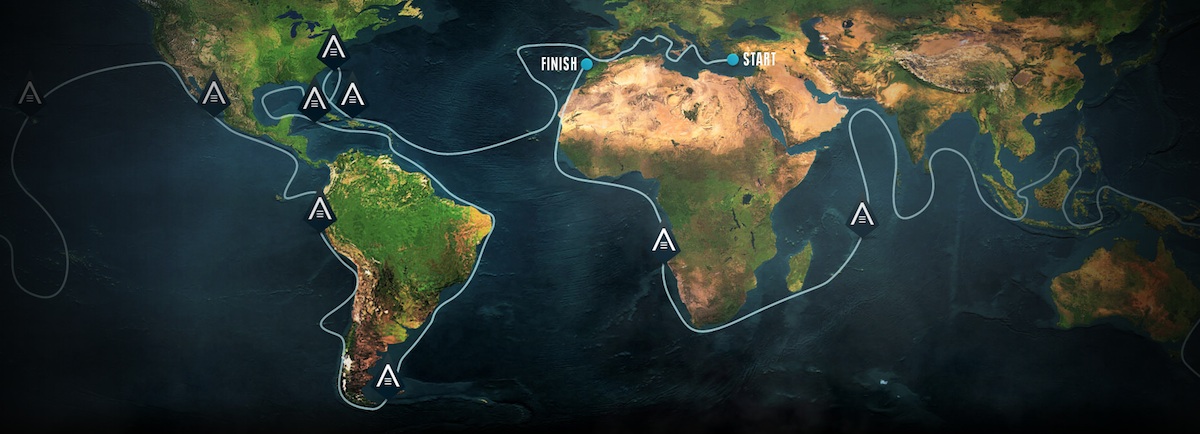
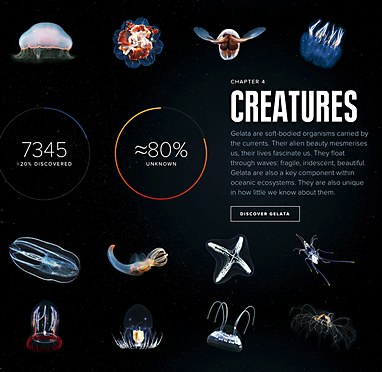
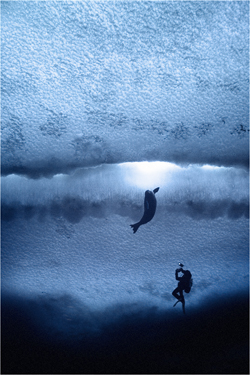
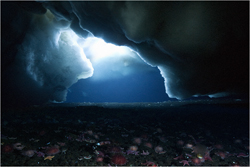
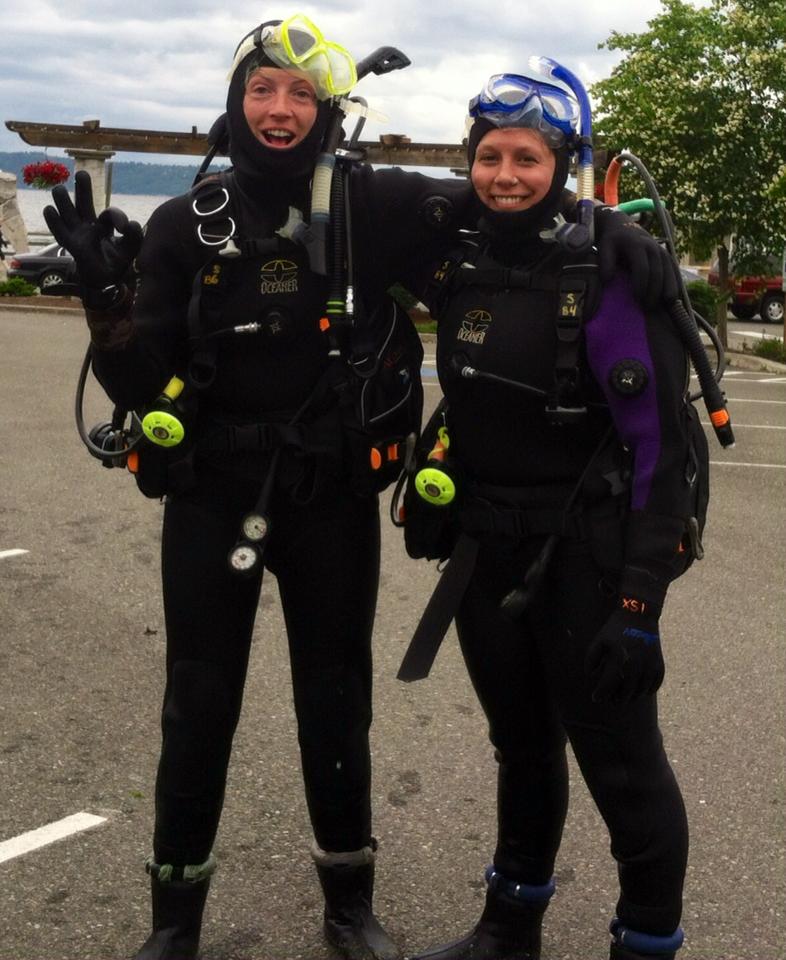
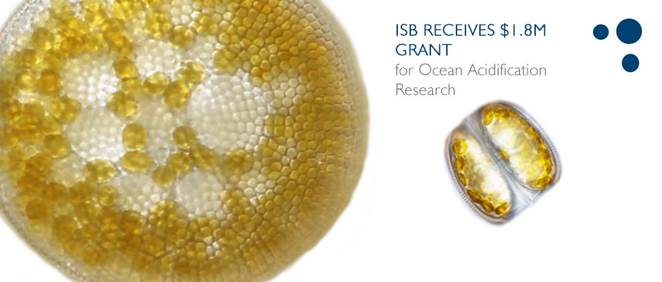
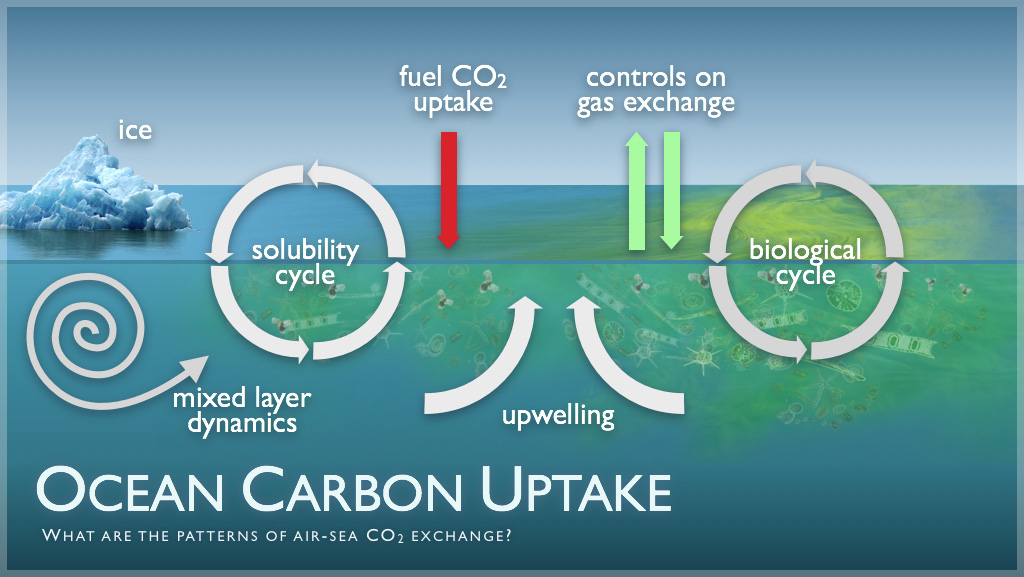
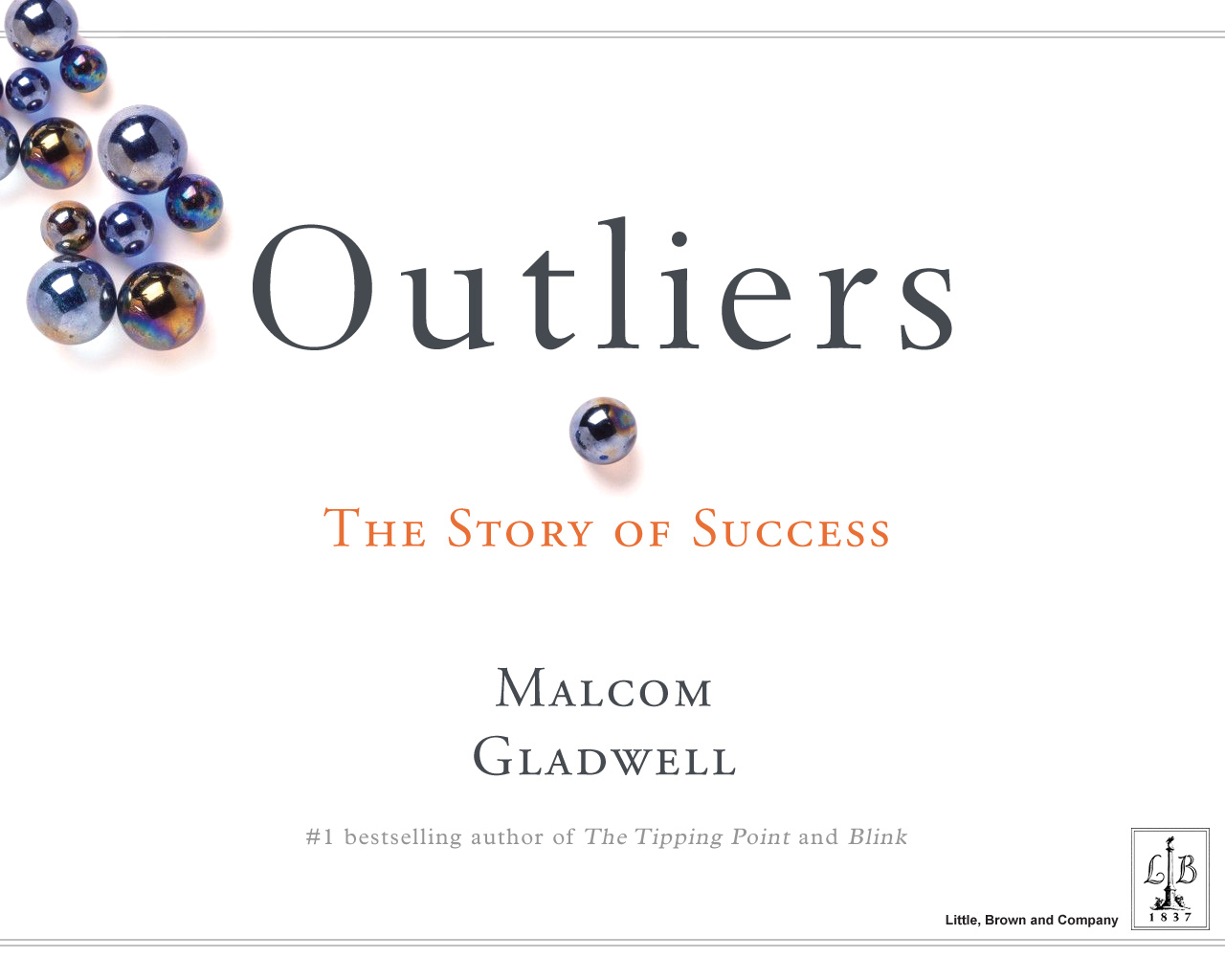
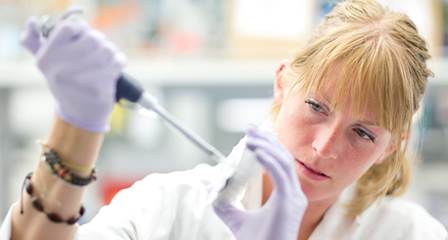
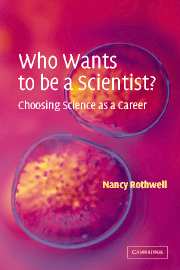






































Recent Comments